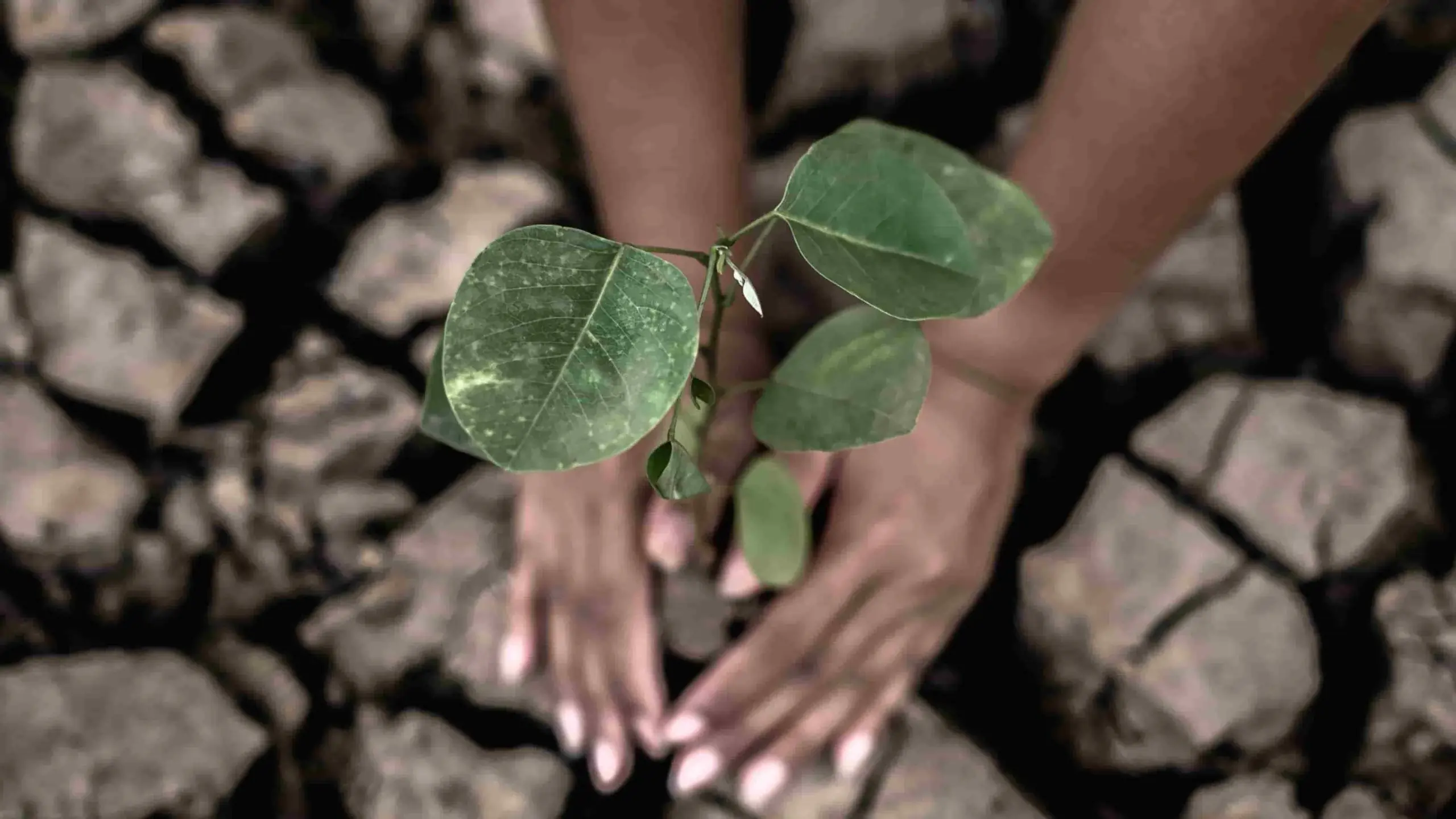GET IN TOUCH
- Please wait...

This letter was originally sent to LightCastle Bimonthly Newsletter subscribers.
Bangladesh contributes less than 1% to global greenhouse gas emissions. However, the country ranks 7th and 9th in the global climate risk index and number of deaths, due to climate-induced disasters, respectively. While Bangladesh’s high population density (~1200 people/ sq km) – is conducive to building businesses, in the case of climate vulnerability, it further exacerbates risks for the nation.
Given the current trajectory, the rapidly changing climate conditions will trigger annual GDP losses, in the range of 1 to 2%. Beyond these macro implications, there are lasting consequences for food security due to the loss of arable land (up to 1.75% per year), for education due to the breakdown of school infrastructure, for health due to high salinity and waterlogging, and for livelihood due to loss of income and assets.
At a policy level, the country has adopted policies like Bangladesh Climate Change Strategy and Action Plan 2009 and Mujib Climate Prosperity Plan, and National Adaptation Plan 2023-2050 for building climate resilience in Bangladesh.
However, to combat climate change, synergistic initiatives are needed from both public and private players. Additionally, as the LDC graduation takes place in a few years, the country will lose access to development financing like the Green Climate Fund and the Least Developed Countries Fund.
Hence, it is critical that the ecosystem comes together to build climate resilience in Bangladesh. Here are four things that can help underpin such initiatives:
An inclusive and synergistic effort is needed between the public, development, and private sectors as Bangladesh combats climate change and builds sustainable solutions.
Our experts can help you solve your unique challenges
Stay up-to-date with our Thought Leadership and Insights